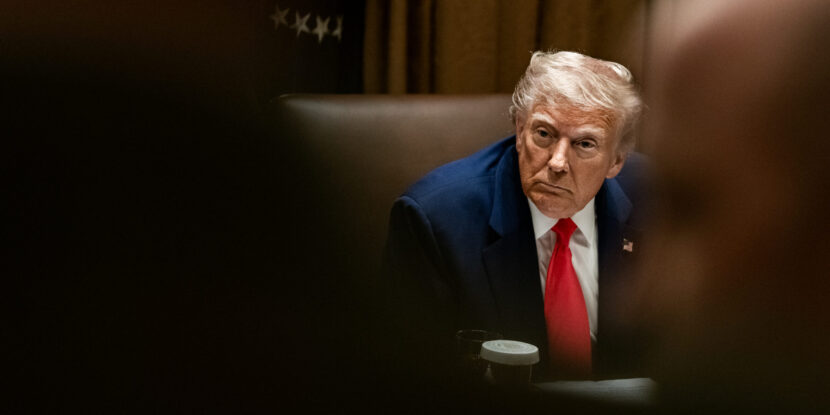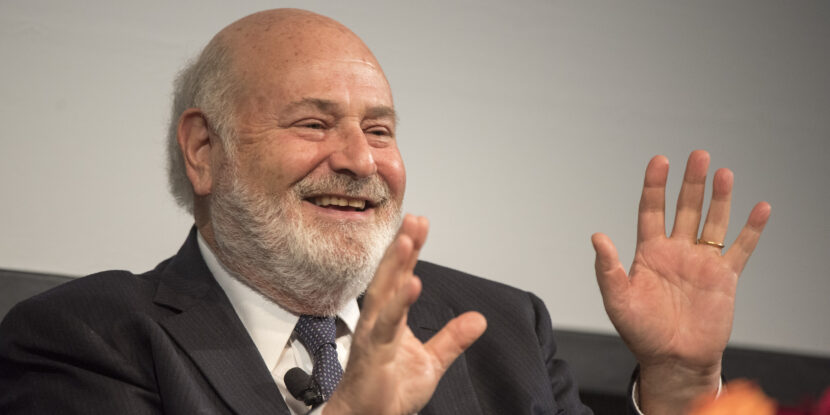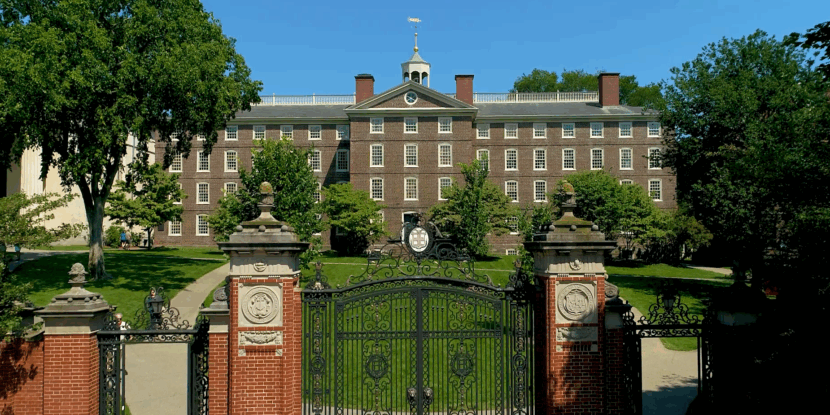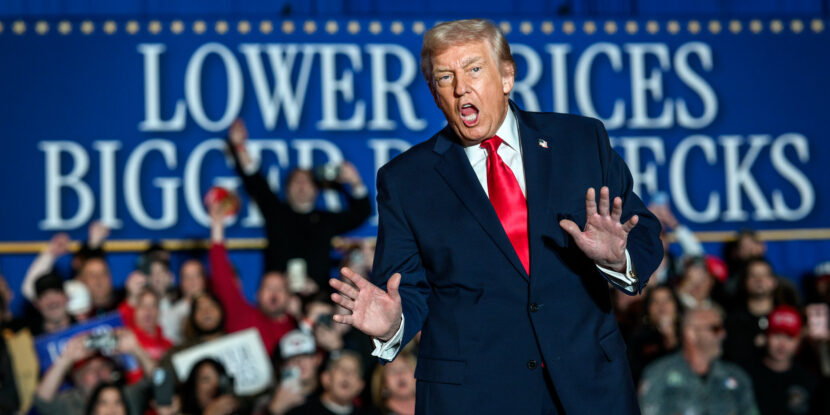❓WHAT HAPPENED: President Donald J. Trump called for the resignation of Intel CEO Lip-Bu Tan, citing conflicts of interest due to Tan’s ties to Chinese firms.
👤WHO WAS INVOLVED: President Donald Trump, Intel CEO Lip-Bu Tan, U.S. Senator Tom Cotton (R-AR), and Intel’s board of directors.
📍WHEN & WHERE: Trump’s statement was made on Thursday via Truth Social, following a letter from Senator Cotton to Intel’s board.
💬KEY QUOTE: “The CEO of INTEL is highly CONFLICTED and must resign, immediately. There is no other solution to this problem. Thank you for your attention to this problem!” – Donald Trump
🎯IMPACT: Intel shares fell by approximately 4 percent in U.S. premarket trading, and the company faces scrutiny over Tan’s investments in Chinese firms.
On Thursday, U.S. President Donald J. Trump demanded the resignation of Intel’s CEO Lip-Bu Tan, citing “highly conflicted” ties to Chinese firms. The demand follows a report that revealed Tan’s investments in hundreds of Chinese companies, some linked to the Chinese military.
Trump’s statement came after U.S. Senator Tom Cotton (R-AR) sent a letter to Intel’s board chair raising concerns over Tan’s connections to China and a criminal case involving his previous company, Cadence Design. “The CEO of INTEL is highly CONFLICTED and must resign, immediately. There is no other solution to this problem. Thank you for your attention to this problem!” President Trump wrote in a post on Truth Social, leading Intel shares to drop by approximately 4 percent in premarket trading.
Intel, a major player in U.S. chip manufacturing, received nearly $20 billion in federal grants under the 2022 CHIPS and Science Act to bolster domestic semiconductor production. The company stated that both Intel and Tan “are deeply committed to the national security of the U.S. and the integrity of our role in the U.S. defense ecosystem.” Intel also noted it would address the concerns raised by Senator Cotton.
Tan assumed the role of CEO in March, succeeding Pat Gelsinger. Under his leadership, Intel has aimed to cut costs by reducing its workforce by 22 percent and halting construction on several planned manufacturing sites. Despite these efforts, Intel has struggled to regain its position in the semiconductor industry, losing ground to Taiwan’s TSMC and falling behind in the artificial intelligence chip market dominated by Nvidia.
It was revealed earlier this year that Tan, through various venture funds, has invested at least $200 million in advanced manufacturing and chip firms in China. While sources close to the Intel CEO claim Tan has divested from these positions, Chinese databases appear to show many of the investments remain current. The extent of any divestitures remains unclear.
Join Pulse+ to comment below, and receive exclusive e-mail analyses.




















